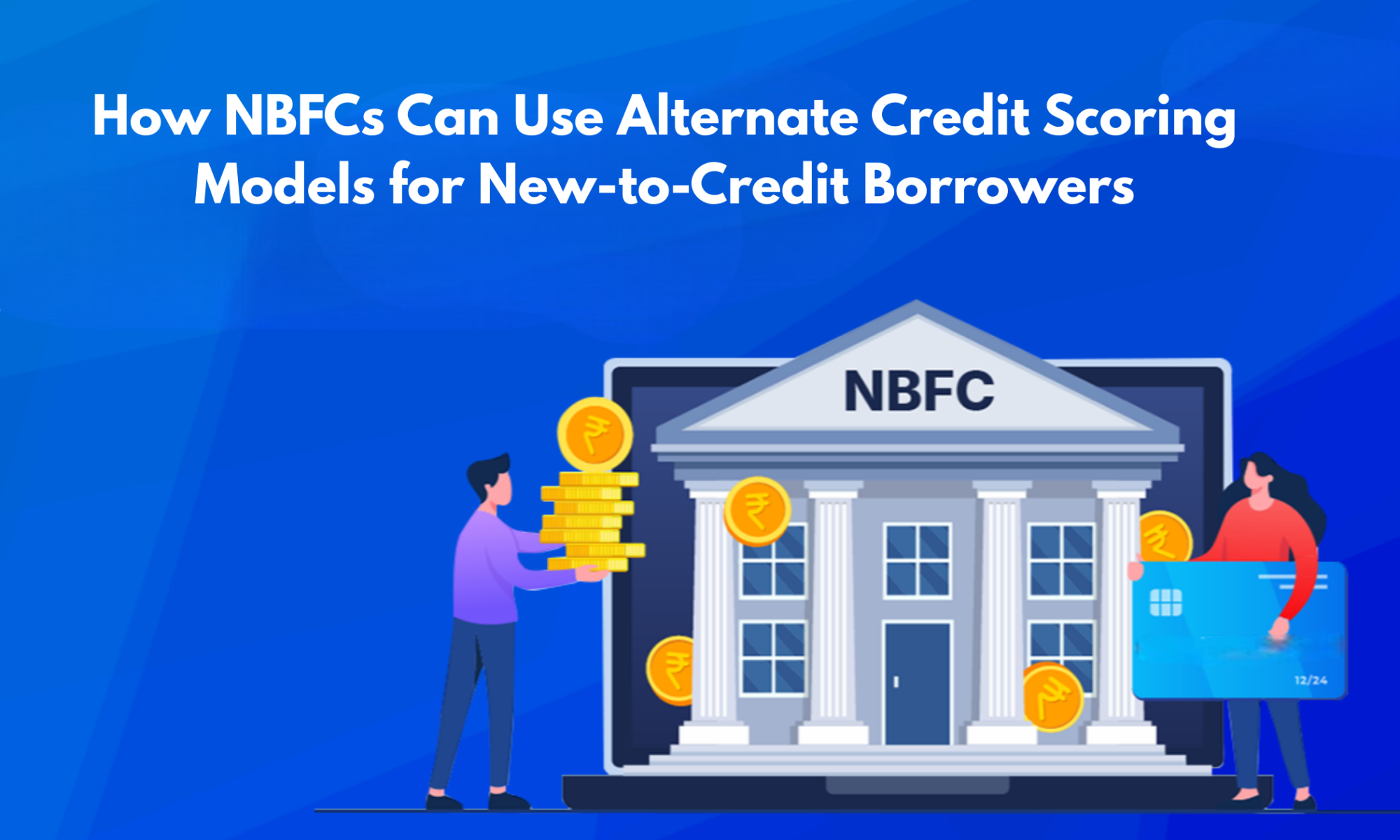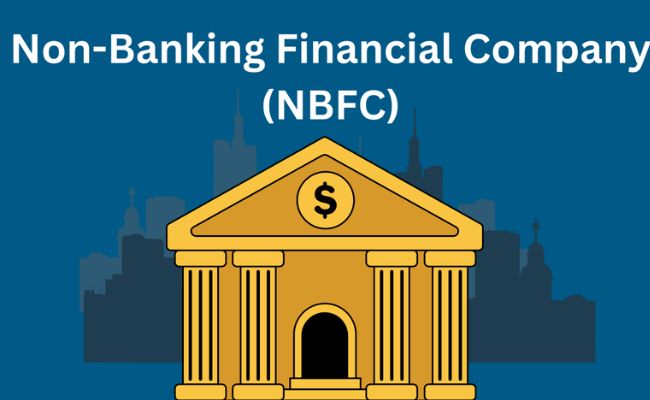Introduction
In India’s evolving financial landscape, Non-Banking Financial Companies (NBFCs) are playing a vital role in driving credit inclusion. One of the key challenges NBFCs face is assessing the creditworthiness of new-to-credit (NTC) borrowers—individuals with no formal credit history. Traditional credit scoring models often fall short in evaluating such profiles. To address this, alternate credit scoring models are emerging as powerful tools.
Whether you’re planning to start an NBFC or are already operating in this space, understanding these new models—and ensuring proper NBFC registration in India—can provide a significant competitive edge.
The Challenge with Traditional Credit Scoring
Traditional credit scoring systems in India, such as CIBIL or Experian scores, rely on historical data. This poses a problem for:
- Young professionals or students
- Rural and semi-urban borrowers
- Gig economy workers
- First-time borrowers
With limited or no credit history, these individuals often get rejected despite being creditworthy.
What Are Alternate Credit Scoring Models?
Alternate credit scoring models use non-traditional data sources to assess an individual’s financial behavior. These sources may include:
- Utility bill payments (electricity, water, gas)
- Mobile phone usage and recharge history
- E-commerce purchase behavior
- Bank account cash flows and transaction patterns
- Social media behavior (used cautiously)
- Employment and education background
By analyzing such data, NBFCs can make more informed lending decisions, particularly for NTC borrowers.
Benefits of Alternate Credit Scoring for NBFCs
- Expanded Customer Base: Tap into a large underserved segment.
- Reduced Risk: Use behavioral data to gauge financial responsibility.
- Faster Onboarding: Enable quicker decisions through automation.
- Enhanced Financial Inclusion: Support India’s vision of inclusive credit access.
How NBFCs Can Implement Alternate Credit Scoring
1. Digital Infrastructure Setup
NBFCs must invest in AI and machine learning platforms that can ingest and analyze alternative data. Cloud-based analytics can make this process scalable and efficient.
2. Partnerships with Fintechs
Fintech companies often specialize in alternate credit models. Partnering with them allows NBFCs to integrate cutting-edge scoring algorithms without building them in-house.
3. Regulatory Compliance
While using alternative data, NBFCs must ensure that they remain compliant with data privacy laws and RBI guidelines. Consent-driven data usage is a must.
4. NBFC Registration & Licensing
Before implementing such advanced models, NBFCs must be properly registered and licensed with the RBI.
NBFC Registration in India: What You Need to Know
To operate legally and offer credit products using alternate scoring models, NBFCs must obtain the necessary licenses. Here’s how:
- NBFC Registration Online in India: Simplified digital platforms are available for applying for NBFC licenses online.
- NBFC License from RBI in India: All NBFCs must obtain an NBFC license from the Reserve Bank of India.
- NBFC Registration Consultant in India: Hiring an experienced NBFC registration consultant can simplify the process, ensuring compliance and reducing delays.
Whether you’re applying for an NBFC license online or seeking guidance for NBFC registration online, a professional consultant can help streamline the entire process.
Conclusion
Alternate credit scoring models represent a paradigm shift in how NBFCs evaluate risk—especially for new-to-credit borrowers. By leveraging behavioral and transactional data, NBFCs can expand their customer base while maintaining sound credit practices.
However, the first step is ensuring your company is legally registered and compliant. For entrepreneurs looking to enter this space, timely and correct NBFC registration in India is crucial. Partnering with a trusted NBFC registration consultant can ensure you get your NBFC license from RBI in India smoothly.
Need Help with NBFC Registration Online in India?
Our expert consultants can guide you through every step—from documentation to securing your NBFC license online. Contact Biatconsultant today to start your NBFC journey the right way.










